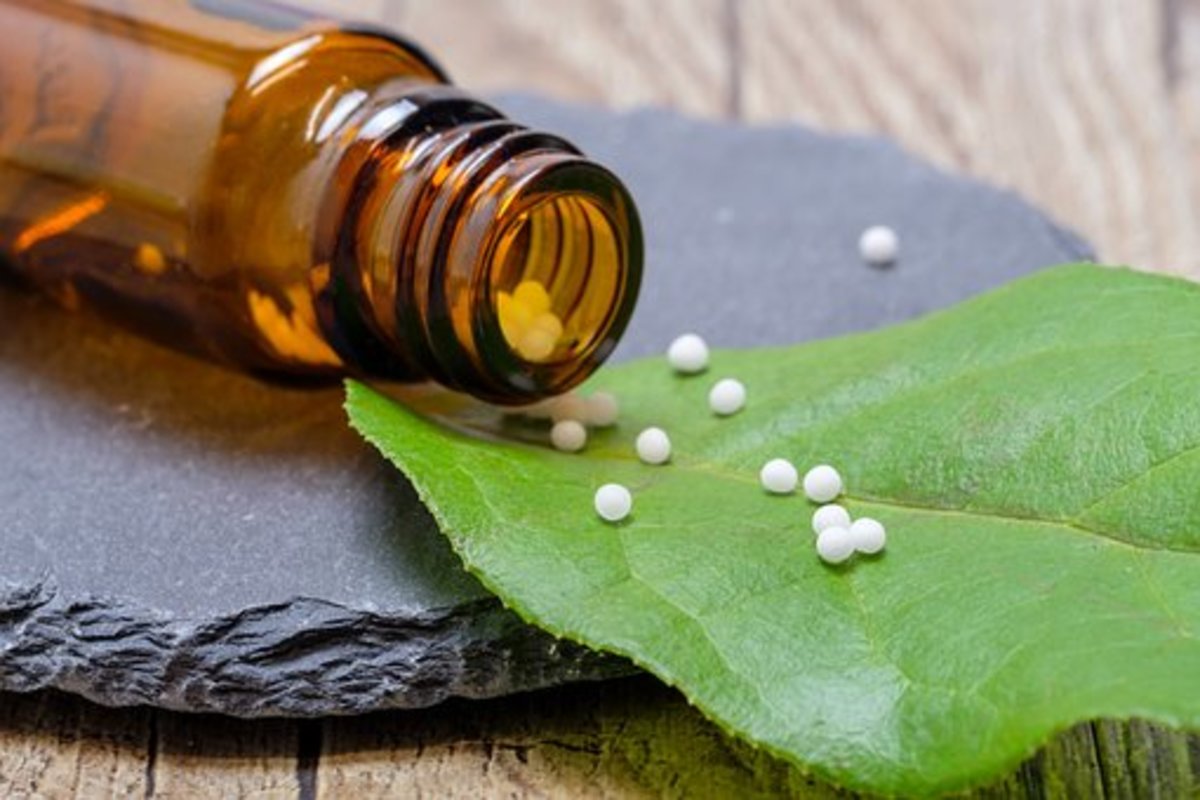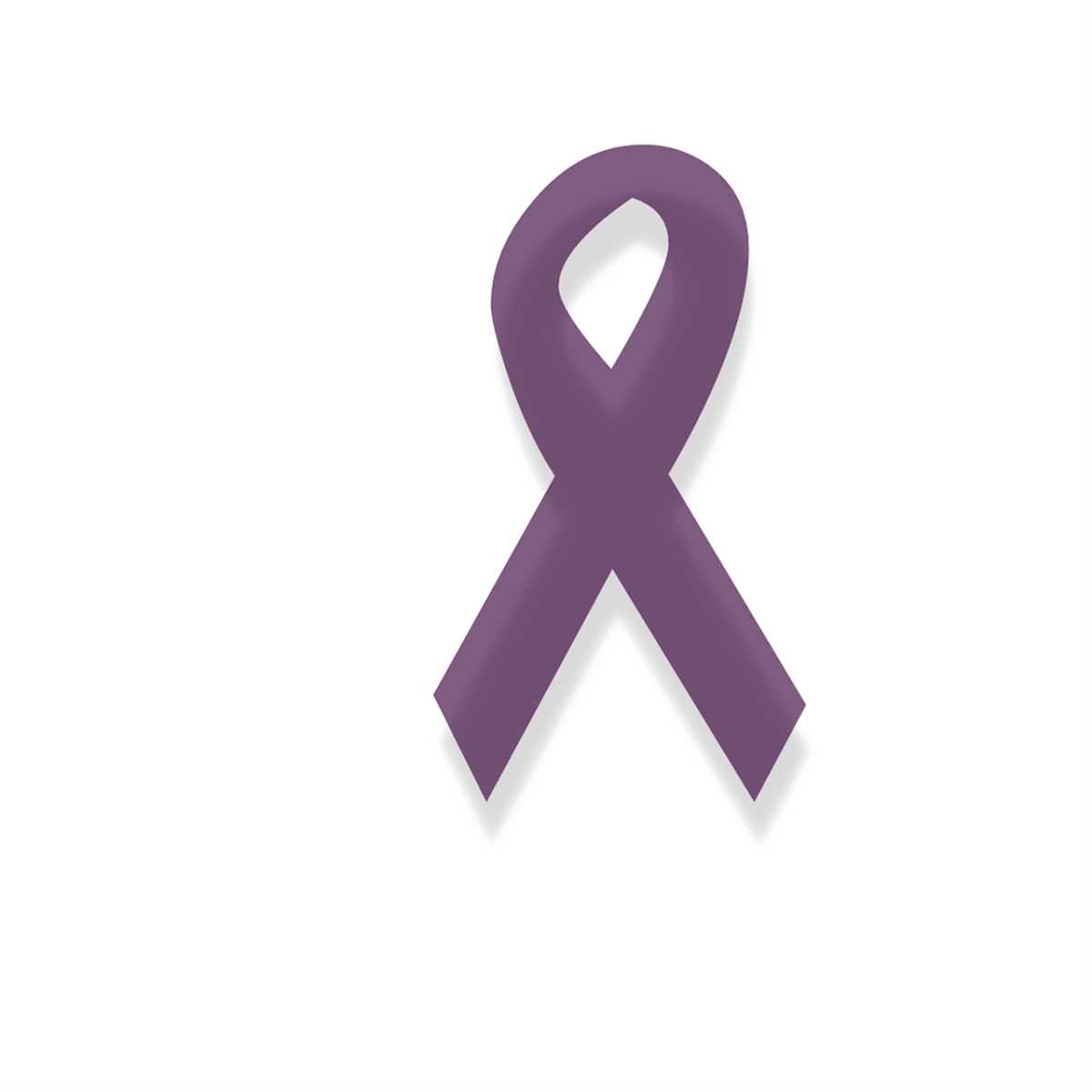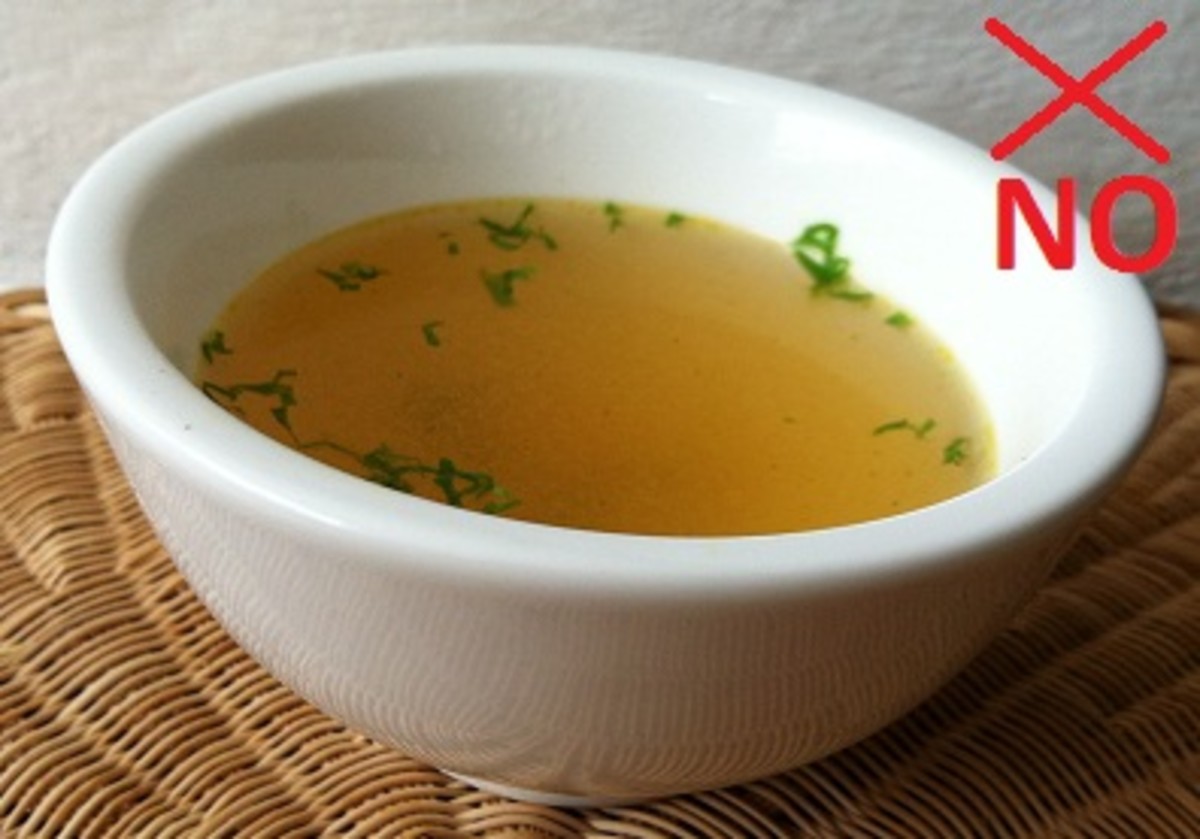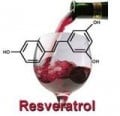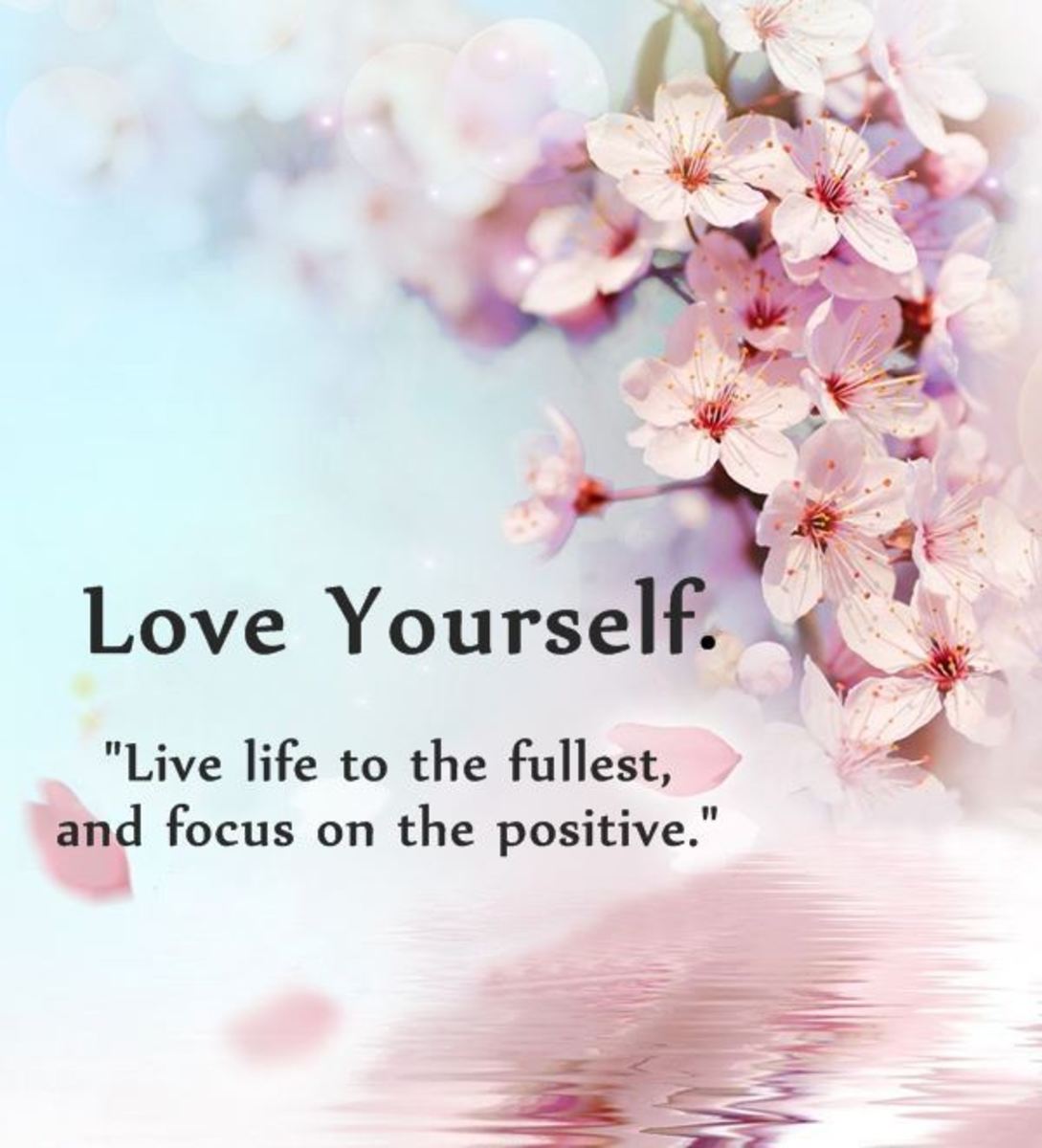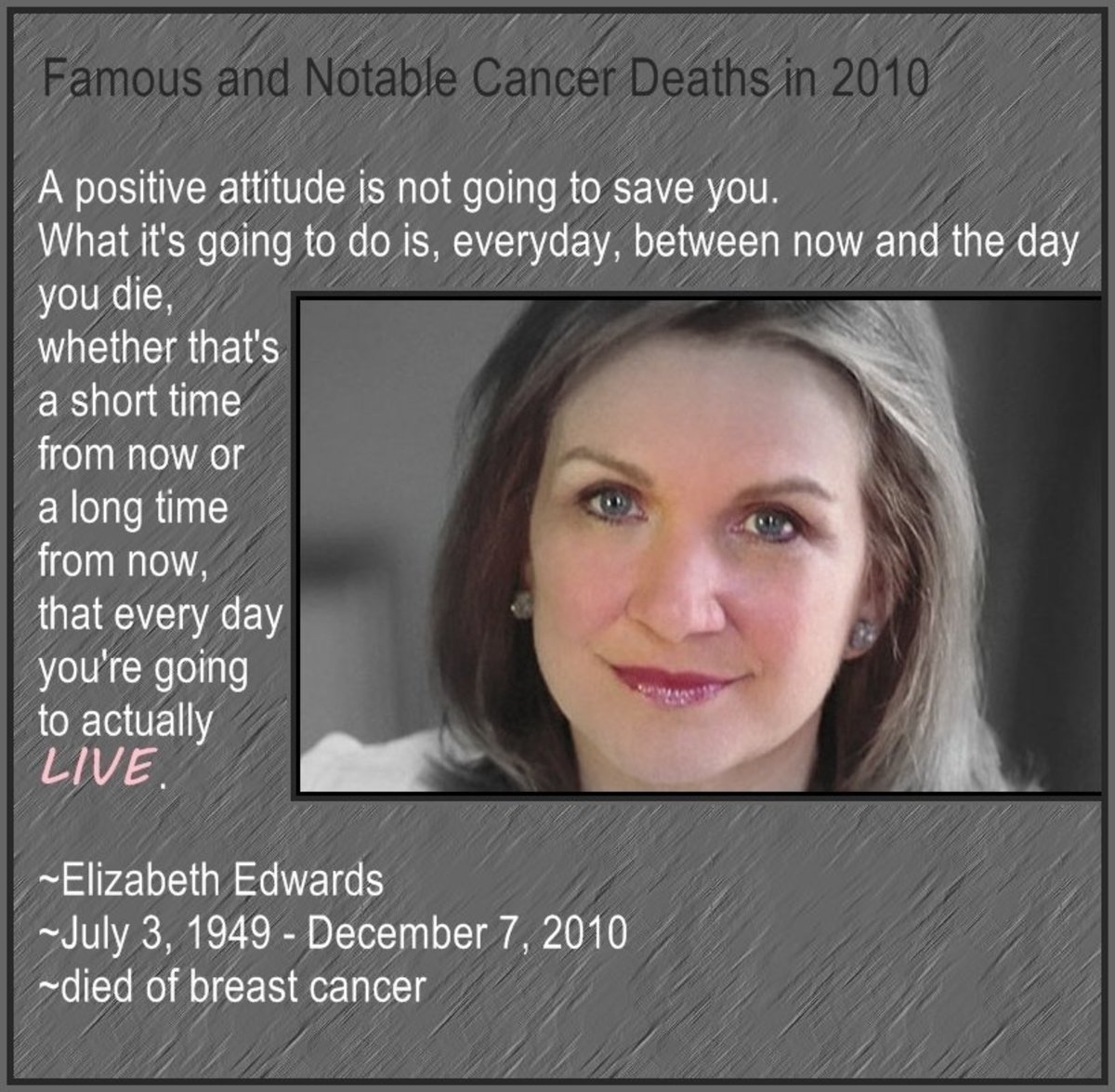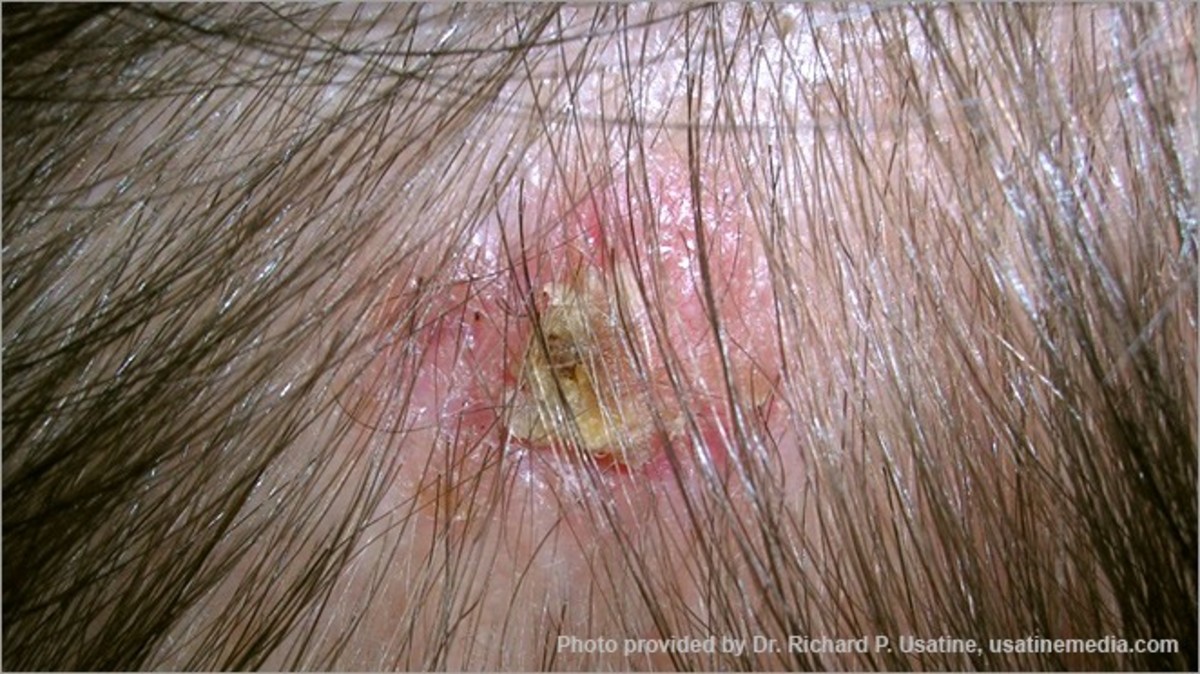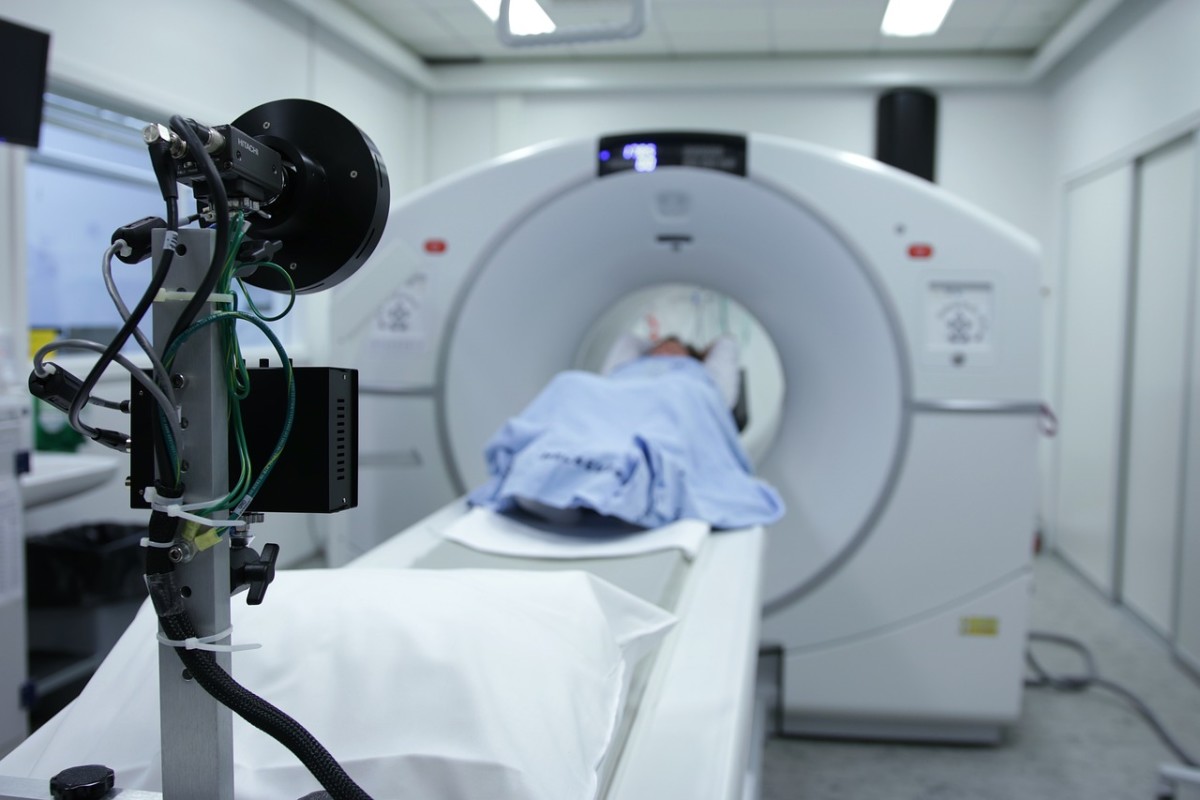Surviving Metastatic Cancer Without Chemotherapy
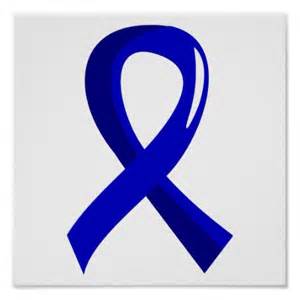
Owning my disease means...
...it doesn't own me.
Cancer is a word that can stop a person cold in their tracks. The mere mention of it during a doctor's visit can have a psychological impact incomparable to almost any other diagnosis.
Unfortunately, in this day and age, it's a word more of us are going to hear in our future. The American Cancer Society's numbers are always a few years behind, but according to their most current statistics, women have a 1 in 3 chance of developing cancer in their lifetime, and men a 1 in 2 chance (cancer.org). Those are odds we should all be a little concerned about.
The reasons for those drastic numbers can be as controversial as the standard methods of treating the cancer itself. Environmental, dietary, lifestyle, genetics...these could all have an impact on whether or not a person develops detectable cancer in their bodies and all of these reasons could lead to, or become the trigger (the one factor that causes the cancer to take hold and devastate the body). I believe most, if not all of it, is directly linked to the state of our immune systems.
A weak immune system leaves the body without a hope or prayer of defending itself against any foreign (or in this case, non-foreign, but malignant) entity that wishes to invade it. For me, I was exposed to most of the factors I listed above and then a whammy of a stressful event happened that shot down my immune system into essentially non-existence. The colorectal cancer symptoms began soon afterwards with minor changes in bowel habits and other symptoms of a weakened immune system such as inexplicable infections and fevers. The symptoms intensified as time went on, and within a couple of years, I was nearly incapacitated with sicknesses ranging from strange bacterial abscesses, to severe rectal bleeding.
By the time I was diagnosed, the cancer was advanced and there was no question that surgery, chemotherapy, and radiation would be needed to treat it.
I didn't believe the standards of care were my only choice even in the beginning, but I was desperate for relief. I felt like I was splitting my time between the bowels of Hades (the hospitals and clinics), and the twisted cramping of my own bowels that had me in the bathroom about 30 times per day. I had spent the last several months before diagnosis literally praying for death to rescue me. Two years without a diagnosis had me doubting a colonoscopy would reveal anything new. Since I was uninsured, getting the colonoscopy was a feat within itself. At 38 years old, I was surprised I was able to get one at all even with all the symptoms I had.
As the doctor sat on the bed beside me telling me it was cancer, the only thought I had in my heavily sedated mind was, "cancer...at least they can treat that, right?"
There weren't as many choices for treatment as I'd hoped there'd be; well, none that went against the standards of care and weren't debilitating themselves, of course. You can bet I asked for them, anyway. I was told quite specifically that this is what they did to treat cancer, and it offered the best chance for survival. I did the protocol that took about a year from start to finish.
Much to my chagrin, relief never came. It never got quite as bad as it was at its peak before diagnosis, but it wasn't much better. I still couldn't go to the bathroom without struggle and pain. The surgery had removed the tumor, but caused an anastomotic stricture (narrowing of the colon) at the surgical site and it was not much different from when I had the tumor. On top of that, the cancer wasn't gone. A lung metastasis showed up soon after the treatments ended, and it spread to an ovary, as well.
They wanted me to do more chemotherapy, but by then I had done enough research to rival my doctor's knowledge on the subject and had some very pointed questions for him. He had my cancer tested against all the available chemotherapy treatments and was thrilled to tell me they were all successful in killing it. I wanted to know why it didn't kill the cancer the first time if it works so well. I also wanted to know what difference taking another chemo would make if the first chemo could kill it, but didn't.
The only thing that surprised me about his response was his honesty. In paraphrase he said, "the cancer gets used to the chemo and then it doesn't work anymore."
This put an immediate picture in my head that I'd be doing chemo for the rest of my life or until it killed me, anyway. If I was lucky enough to survive that, eventually they would run out of chemotherapy options, and the cancer would kill me. Either way, I'd be robbed of quality of life, and possibly even quantity of life. My doctor then went on to tell me that there was no evidence either way whether chemotherapy worked, but it was the only option they had.
They were answers I'd already known from the years of research I'd done and from seeing the cycle occur over and over again with my friends on the cancer board, but it was a completely different animal hearing it from my doctor's own lips. I couldn't get it past my thick head why he would want any of his patients taking that garbage if there wasn't any proof it worked.
I soon learned It was because he had to. Even if he believed there was something better, he couldn't recommend it to his patients. His medical licensing wouldn't allow it. He could only recommend what the powers-that-be told him to recommend or risk losing his license and possibly even have a lawsuit filed against him. It's happened before (http://www.naturalhealth365.com/American-Medical-Association-holistic-medicine-1480.html).
How I Beat the Odds
Thank you, but no more chemo for me
Why the powers-that-be are so against using any other alternative treatments for cancer that they'll sue a doctor for promoting it, is another questionable subject worthy of an article all its own. The important thing to note here is that since the powers-that-be promote the use of some alternative methods, it's only in conjunction with their toxic chemo treatments. There doesn't seem to be any thought that many of the practices they're "integrating" have been successful in treating cancer patients all by themselves for thousands of years; all you have to do is dig around a little, or step outside of the U.S. to find the studies that show it (http://www.realnatural.org/can-chinese-herbal-medicine-successfully-treat-cancer-the-research-says-yes/). This information is somehow being kept from us, but with the advent of the Internet, none of it is that difficult to find anymore. Again, you just have to dig around a bit. Why we should have to dig around to find this information is again the topic for a separate discussion. In my research I have found more than one interesting article that delves into these topics. For now, I'll just stick with the facts of my own experience in hopes that others will find some benefit in it.
I wasn't 100% convinced in the beginning that something as simple as diet could cure my cancer, and it hasn't been the only thing that has. I believed it was possible, but It took self-experimentation to do most of the convincing.
I wrote a book about the different things I learned, besides diet, that helped me in my quest for ridding myself of cancer. The book has been revised and is in its second edition since I got another recurrence last year for reasons I discuss in the book.
I think a lot of people can relate to my story and will benefit from the research I've spent a decade compiling because I'm no different from anyone else who has cancer. There's nothing super special about me that I would survive when someone else wouldn't. I was just tenacious in sticking with my decisions, and motivated to utilize the tools I'd acquired.
Cancer most likely isn't just one thing created from just one cause, and fixing it most likely works the same way. It's a long road to healing, but it can be done on an individual's own terms. I managed to rid myself of two recurrences without the aid of surgery or chemo, and I've had a total of four recurrences since the last time I did chemo in 2008. Somehow I'm still alive and enjoying being cancer-free today.
Ironically, no doctor, scientist, or researcher is breaking down my door to see how I'm surviving a cancer that has one of the highest mortality rates known, and I'm doing it without the standard methods of care. My case is known not only by my doctors, but by the tumor registry that tracks cancer cases, and tumor boards that review them. Are they not paying attention, or do they really have no interest? I personally believe they all think I'm a fluke. I see the bewilderment in my doctor's eyes whenever something they knew was cancer suddenly disappears, but the fact is, nothing is just "disappearing" without any reason. I've worked very hard in learning how to treat myself when I get sick, and I know what it is that's keeping my cancer at bay. It's simply more than just one thing.
Each time I get a recurrence, the doctors urge me to take chemo. Each time, I very politely refuse. I believe that if I'd made the decision to take chemo every time I got a recurrence, I either wouldn't be alive today, or I'd still be battling an endless fight, struggling for survival with mets all over my body. I saw it happening to everyone around me who had cancer, and I knew I had to do something different or the same thing would happen to me.
Alternative treatments are anything that goes outside the standards of care. Whether it's oxygen therapy, acupuncture, or diet, they can claim these 'treatments' don't work because there aren't any clinical studies (in the U.S,) to back them up. Since there isn't any money to be gained by doing such research, there aren't very many being done. Let's face it, nobody is going to put forward the big money it would take to research them if there wasn't some way to recoup that money. This isn't something we can fairly begrudge them; they are businesses, after all, but what I do begrudge them is that they work so hard to discredit those who know there are other, more productive ways to treat cancer, and then use the excuse that there aren't any clinical studies to prove it. As my doctor confirmed, there aren't any studies that prove chemo works, either, but they're quick to use it, anyway. Just for a quick FYI about clinical studies since we're on the subject, there can be a lot of confusion when trying to decipher accurate numbers that occur in certain studies; particularly when dealing with cancer. The differences between relative and absolute numbers can sway a study to appear meaningful when they may not be (http://ecp.acponline.org/janfeb00/primer.htm).
There are studies that have been done that conclude that 'alternative' treatments can reduce symptoms and in many cases prolong the life of cancer patients doing conventional treatments. This in itself would, and always has, suggested to me that if something can help, maybe taking it a little further can cure.
I believe there are dozens of natural ways for us to treat our diseases; ones that don't include running a substance through our veins that you have to wear a hazmat suit to clean if it spills onto the floor. Most of the people who say alternative treatments don't work haven't tried them themselves, and will be quick to say they know someone who did them and died anyway. I can't speak for any of the alternative claims I haven't done myself, and of the three other people I know who cured themselves using 'alternative' methods, two of them are still alive and cancer-free a dozen or more years later (one was a stage IIIC, one a stage IV, and one was terminal and inoperable). The one who died (stage IV) had been keeping his cancer stable for five years through the use of a special diet. He said he had become complacent with the diet and the tumors started growing again. I knew why he didn't want to have surgery; he was afraid any incisions around the cancer would spread it further, but he never told me why he opted to do chemo. He only lived a year after starting the treatment.
The trick is finding what WILL work for us as individuals and with that may come some trial and error. It's a challenging thing to do; especially if bad habits have developed to the point of thwarting every effort we try, but if a month or two of doing something else can save our lives, the challenge can become a mission that can quickly morph into something truly unexpected. Our bodies feel good when we eat good, which helps our minds feel better, and that in itself can be addicting.
As we are multi-faceted creatures, so is cancer. It's a personal disease that has personal origins, but trying to treat our disease with toxic chemicals is truly a crap-shoot for us all. I'm not sitting here saying everyone facing cancer should not do the standards of care (I don't regret doing them the first time around because it was the only way I would've known for sure it wouldn't work for me), but if it isn't something that's working for us, we should move on to other choices. Remember Einstein's definition of insanity: doing the same thing over and over again and expecting different results. I think the definition fits this example; if the chemo didn't cure the first time, it's very unlikely it will ever cure. All chemos are basically the same thing. It's a brutal seat on a chemo yo-yo, and the longer a person rides it, the more debilitating damages will be done. It's my opinion that those who've been "cured" by using chemo without it killing them first, were truly lucky and probably would've survived without it at all. I know a lot more people who used chemo and died than used it and lived passed seven years, that's for sure. Most died at around five years post diagnosis.
Diet alone is not what's keeping my cancer at bay, but it's certainly able to take it out when it comes around again (I use a very strict diet to take out the mets). There were many things I tried, and many things that may have helped along the way, or maybe didn't help at all, but it was a total learning process. It was a road that took a lot of discipline, self-realization, research, motivation, and teamwork between my body and mind before I found what worked best for me. I knew what triggered my cancer and what ultimately weakened my immune system to the point of a cancer infestation. The reason our body's healthy cells don't naturally kill the cancer cells themselves is because they can't differentiate themselves from the cancer cells. The cancer cell is the same as they are, just a mutated version of them not indistinguishable enough to be considered an enemy. I think if we super-charge our immune systems through a variety of methods, the healthy cells can more easily identify the sick cells and obliterate them.
If my cancer ever dares to come back, I will treat it with surgery if I have to. If surgery isn't an option, as it was with my last recurrence, I'll put the plan I've developed back into motion.
I was never at a point in my life where I could say with all certainty that I'd never do chemo again, but I'm there now. I hope you'll be able to join me and regain the perfect health you deserve.
UPDATE: The January 2018 PET scan revealed no evidence of disease. I remain cancer-free!





